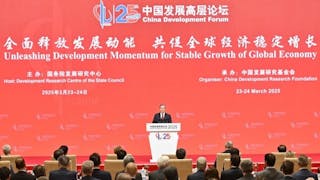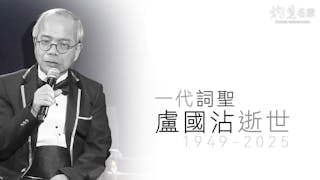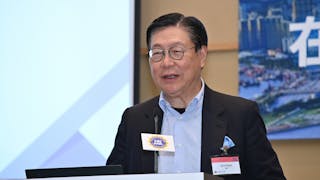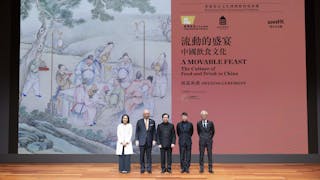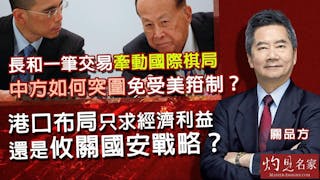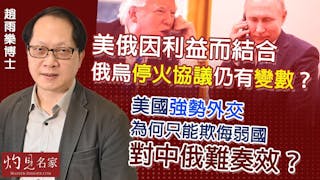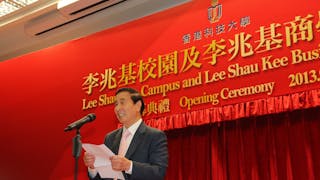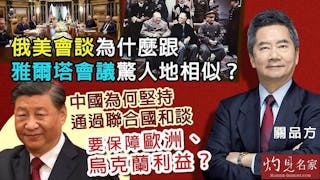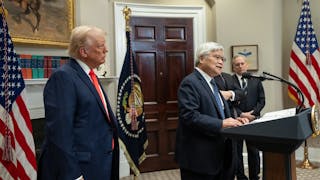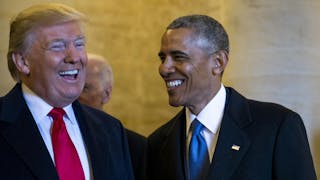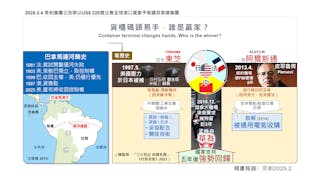知識領導的研究文獻兩大主流
領導風格Leadership Styles
變革型領導 Transformational Leadership (TFL)
交易型領導Transactional Leadership
領導的角色和任務
- 闡明使命、願景和價值觀;
- 指定策略、結構和政治;
- 創建有效的學習過程;
- 幫助下屬不斷改善他們的心智模式和系統思維。
- 教練 Coach(Conger 1993; Bartlett 和 Ghoshal 1997; McGill 和 Slocum 1998; Bowerman 和 Collins 1999; Ellinger,Watkins 和 Bostrom 1999)
- 促進者 Facilitators(Weaver 和 Farrel 1997; Macneil 2001)
- 教師 Teachers(Senge 1990b; Cohen 和 Tichy 1998)
- 學習領導者 Leaders of Learning(Argyris 1993; Popper 和 Lipshitz 2000)
- 開發者 Developers(Boydell 和 Leary 1994)
正如上次筆者文稿中提及知識領導是組織取得成功的一個關鍵因素,可是一直未獲大眾所重視。雖然上文已簡介知識領導的研究概要,但它只是知識領導的其中一個片面,還有很多尚未發掘及理解。這些都是大眾尚未重視知識領導的主要原因。期望知識管理的研究人員及從業者在知識領導的理念及實踐方面有更多的探索,更多了解知識領導的理念,運用領袖本身的領導能力,按部就班地推行知識管理,社會的整體表現自然會有所改善。
參考文獻
Anantatmula, V. S. (2008). Leadership Role in Making Effective Use of KM. VINE, 38(4), 445-460.
Argyris, C. (1993). Knowledge for Action: A Guide to Overcoming Barriers to Organizational Change. San Francisco: Jossey-Bass Inc.
Baldanza, C. and Stankosky, M. (2000). Knowledge Management: An Evolutionary Architecture toward Enterprise Engineering. Seattle: INCOSE.
Bartlett, C.A. and Goshal, S. (1997). The Myth of the Generic Managers: New Personal Competencies for New Management Roles. California Management Review, 40 (1), 92-116.
Bass, B.M. & Avolio, B. J. (1994). Transformational Leadership and Organizational Culture. International Journal of Public Administration, 17(3-4), 541-554.
Bowerman, J. and Collins, G. (1999). The Coaching Network: A Program for Individual and Organizational Development. Journal of Workplace Learning, 11(8), 191-197.
Boydell, T. and Leary, M. (1994). From Management Development to Managing Development: the Changing Role of the Manager in the Learning Organization. Transitions, 94 (9), 8-9.
Bryant, S. E. (2003). The role of transformational and transactional leadership in creating, sharing and exploiting organizational knowledge. Journal of Leadership & Organizational Studies, 9(4), 32-44.
Carmeli, A., & Waldman, D. A. (2010). Leadership, Behavioral Context and the Performance of Work Groups in a Knowledge-Intensive Setting. The Journal of Technology Transfer, 35(4), 384-400.
Carmeli, A., Atwater, L. and Levi, A. (2011). How Leadership Enhances Employees’ Knowledge Sharing: the Intervening Roles of Relational and Organizational Identification. The Journal of Technology Transfer, 36(3), 257-274.
Chowdhury, S. (2005). The Role of Affect and Cognition Based Trust in Complex Knowledge Sharing. Journal of Managerial Issues, 17(3), 310–326.
Cohen, E. and Tichy, N. (1998). Teaching: The Heart of Leadership. The Healthcare Forum Journal, 41(2), 20-22.
Conger, J.A. (1993). Training Leaders for the Twenty-First Century. Human Resource Development Quarterly, 3 (3), 203-218.
Conger, J., & Kanungo, R. (1998). Charismatic Leadership in Organizations. London: SAGE.
Connelly, C.E. and Kelloway, E.K. (2003). Predictors of Employees’ Perceptions of Knowledge Sharing Culture. Leadership and Organizational Development Journal. 24(5), 294–301.
Deluga, R. J. (1992). The Relationship of Leader-Member Exchange with Laissez-Faire, Transactional, and Transformational Leadership in Naval environments. In K. E. Clark, M. B. Clark, & D. P. Campbell (Eds.), Impact of leadership (pp. 237–247). Greensboro, NC: Center for Creative Leadership.
Dirkx, J.M. (1999). Invited Reaction: Managers as Facilitators of Learning in Learning Organizations. Human Resource Development Quarterly, 10 (2), 127-134.
Ellinger, A. D. and Bostrom, R. P. (1999). Managerial Coaching Behaviors in Learning Organizations. Journal of Management Development, 18 (9), 752-771.
Gerstner, C. R., & Day, D. V. (1997). Meta-Analytic Review of Leader-Member Exchange Theory: Correlates and Construct Issues. Journal of Applied Psychology, 82, 827–844.
Howell, J. M., & Hall-Merenda, K. E. (1999). The Ties that Bind: The Impact of Leader-Member Exchange, Transformational and Transactional Leadership, and Distance on Predicting Follower Performance. Journal of Applied Psychology, 84, 680–694.
Koh, E.C., Ryan, S. and Prybutok, V.R. (2005). Creating Value through Managing Knowledge in an E-Government to Constituency (G2C) environment. The Journal of Computer Information Systems, 45 (4), 32-41.
Lin, M. J. J., Hung, S. W., & Chen, C. J. (2009). Fostering the Determinants of Knowledge Sharing In Professional Virtual Communities. Computers in Human Behavior, 25, 929–939.
Macneil, C. (2001). The Supervisor as a Facilitator of Informal Learning in Work Teams. Journal of Workplace Learning, 13(6), 246-253.
McGill, M.E. and Slocum, J.W. (1998). A Little Leadership Please. Organizational Dynamics, 26 (3), 39-49.Nonaka, I., & Toyama, R. (2005). The Theory of the Knowledge-Creating Firm: Subjectivity, Objectivity and Synthesis. Industrial and Corporate Change, 14, 419–436.
Popper, M., and Lipshitz, R. (2000). Installing Mechanisms and Instilling Values: The Role of Leaders In Organizational Learning. The Learning Organization, 7 (3), 135-144.
Senge, P.M. (1990b).The Leader’s New Work: Building Learning Organizations. Sloan Management Review, 32 (1), 7-24.
Senge, P.M. (2000). Reflection on a Leader’s New Work: Building Learning Organizations, In Morey, D., Thuraisingham, B. (Eds.), Knowledge Management. Classic and Contemporary Works. Cambridge: MIT Press.
Skyrme, D. (2000), Developing a Knowledge Strategy: From Management to Leadership. In Morey, D. and Thuraisingham, B. (Eds.), Knowledge Management Classic and Contemporary Works, Cambridge, MA: MIT Press.
Srivastava, A. (2001). Antecedents and Effects of Knowledge Sharing in Teams: A Field Study. Unpublished Doctoral Dissertation, University of Maryland, College Park.
Stogdill, R.M. (1974). Handbook of Leadership, a Survey of Theory and Research. New York: Free Press.
Viitala, R.(2004). Towards Knowledge Leadership. Leadership & Organization Development Journal, 25 (6), 528 – 544.
Ward, J. and Aurum, A. (2004). Knowledge Management in Software Engineering – Describing the Process. ASWEC 2004, IEEE Computer Society, New York, NY.
Wang, H., Law, K., Hackett, R., Wang, D., & Chen, Z. (2005). Leader Member Exchange as a Mediator of the Relationship between Transformational Leadership and Follower Performance and Organizational Citizenship Behavior. Academy of Management Journal, 48, 420–432.








